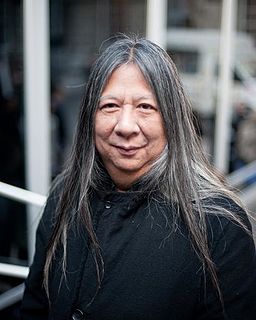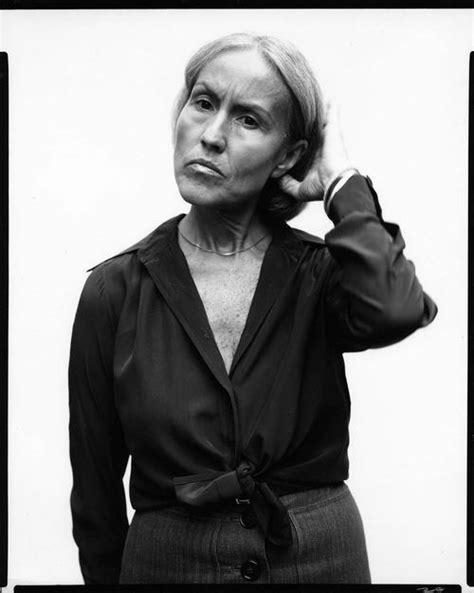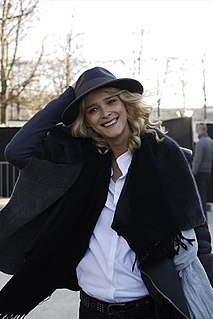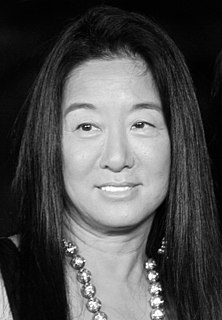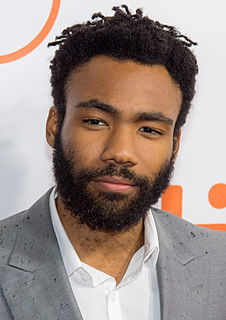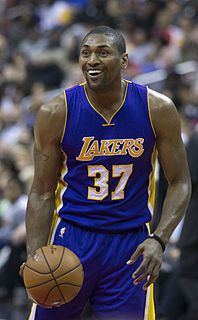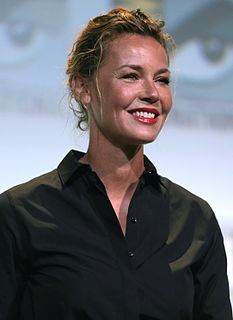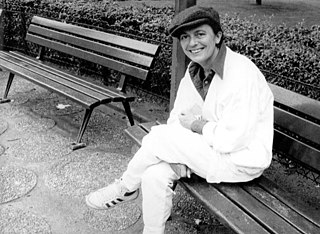A Quote by John Rocha
As a heterosexual designer, it is really, really important to have a woman's point of view.
Quote Topics
Related Quotes
If you've taken the job to be the stylist for a collection, then I think it's important for you to really listen to the designer and look at the board. Look at the wall, look at what the designer is interested in, and then move on to that. But the designer also must not lose sight of the reason for their point of view. Otherwise it won't come across.
[On how she goes about trying to live authentically] Well really listening to my point of view and if I am on a set, say, that doesn't really value a woman's point of view, regardless of how they feel, continuing to give my point of view and try to find a way to be heard and not diminishing myself because other people are diminishing me. Because that, I think, is the worst temptation that, you know, you judge yourself by how others are judging you, and to fall into that trap is to walk into the realm of self-annihilation.
Everybody you work with sees what you're doing from a different point of view, a very specific point of view. So, if someone is lighting, they're seeing it from that point of view. A production designer is seeing it from the placement of furniture that tells you about the character. Everything that goes into the room should tell you about the person who lives in that room.
[While designing] I'm mixing two lines of thought really: me as a designer for women and then me as a man. At the start of the design process it's the designer for women that comes to the forefront - sketching and revising the silhouette. Then the man comes into the picture - and I look at the shoe from a very masculine point of view. Then there is a conflict between the two sides of me. Sometimes the man wins, and sometimes the designer wins.
I've played lots of strong women in film, in big Hollywood films, and I've sometimes had a hard time in coming to a consensus of what makes a woman strong. What is it that positions her as a force to be reckoned with? And I think it's because there's an expectation from the get-go that she isn't. If you're not starting from a deficit as a point of view, but you're starting from an assumption that says, "Well, this is what women really are," then it's a really freeing experience as an actor and as a woman.
From a policymaker's point of view, [the back door] must look like a perfect solution. "We'll hold onto a separate copy of the keys, and we'll try to keep them really, really safe so that only in an emergency and if it's authorized by a court will we bring out those keys and use them." And, from a policy point of view, when you describe it that way, who could be against that?
